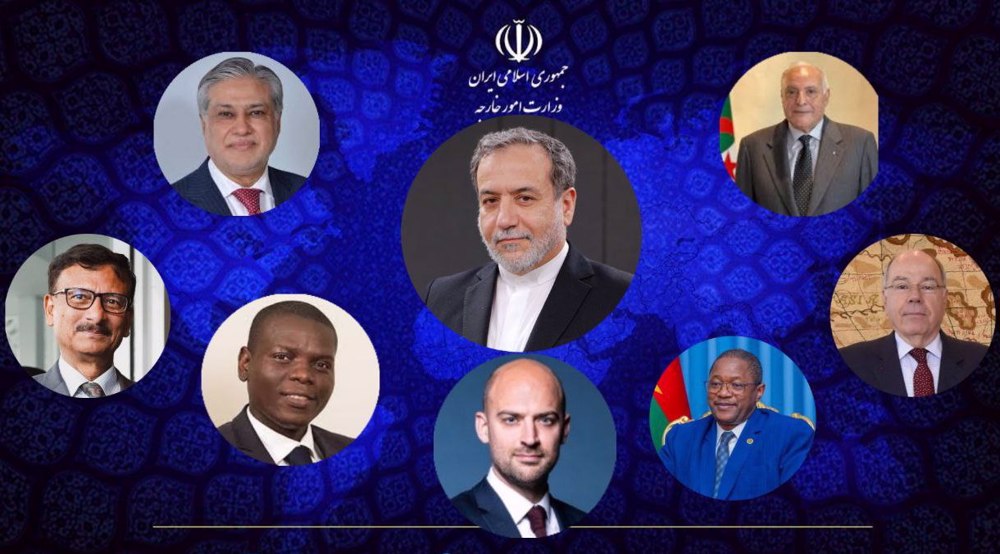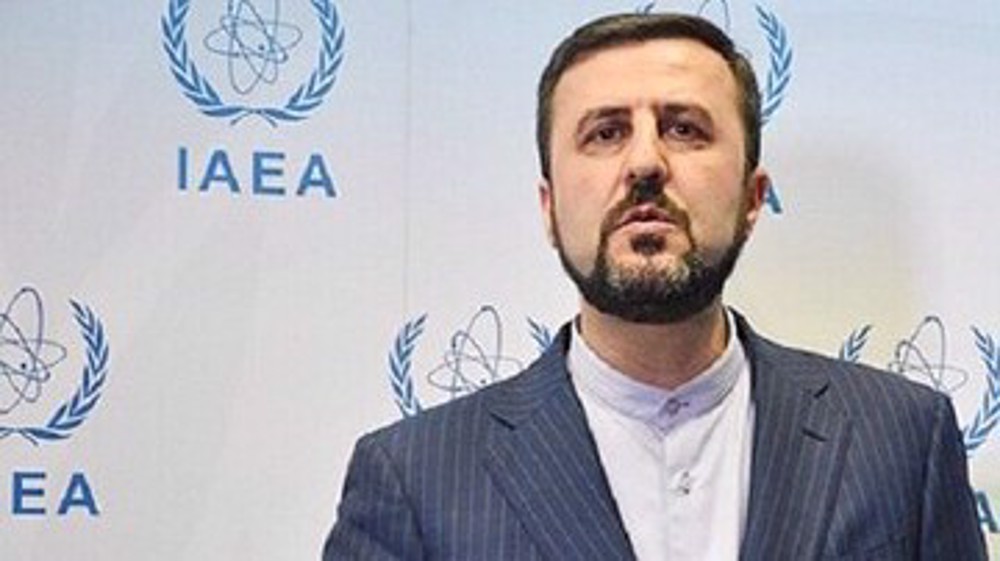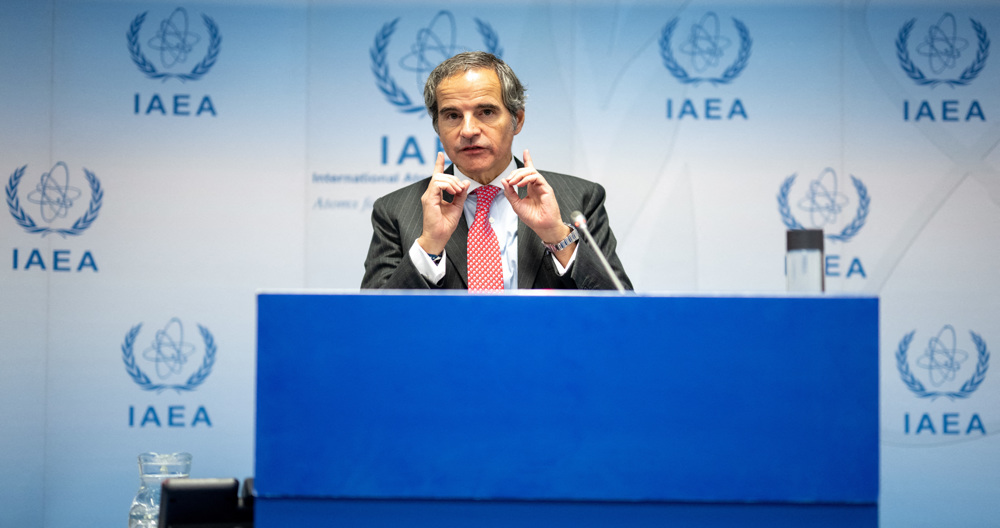US pressure will fail to break Iranian nation: Rouhani
President Hassan Rouhani says the United States left the multilateral nuclear deal with Iran at a great cost, emphasizing that Washington will fail to break the Iranian nation by resorting to “psychological” and “political” warfare.
“The Islamic Republic’s tactful performance forced the Americans to leave the JCPOA while bearing the highest cost,” he said on Tuesday, referring by abbreviation to the Joint Comprehensive Plan of Action, the nuclear agreement that was signed between Tehran and the five permanent members of the UN Security Council plus Germany in 2015.
The agreement, which ended nuclear-related sanctions against Iran in exchange for certain changes to the country’s nuclear program, was passed in the form of a Security Council resolution.
US President Donald Trump, however, sparked international criticism when he announced that Washington was withdrawing from the deal and re-imposing the sanctions against Iran in early May.
Rouhani further said the US was hoping all along that Iran too would leave the agreement shortly so the country's case could be referred to the Security Council and made subject to Chapter VII of the UN Charter -- which authorizes the use of force.
With that scenario in mind, the US planned to persuade all world countries to bring the Islamic Republic under sanctions, the president said.
President Rouhani also assured Iranians that the government was able to handle the economic pressure the country would face with the return of the US sanctions, which he said were part of a “psychological, economic and political war.”
“Today, can America use psychological and economic and eventually political warfare to break our nation? A proud nation that has stood up for its values throughout history; a nation that has resisted and stood strong and is ready to give its life and blood for Islam and Iran,” Rouhani said.
According to Iran's president, the withdrawal was “the worst and most pathetic choice” made by Americans, which hurt their reputation on the international stage.
An absolute majority of world countries consider the US move to be illegal and in violation of the Security Council resolution and international regulations.
The United Nations and the European Union, which had coordinated the talks leading to the agreement, and the rest of the JCPOA’s signatories all warned Washington against taking the move, calling the deal pivotal to regional and international peace and security.
Hezbollah attacks Israeli forces after Lebanese homes blown up
World leaders, states hail ICC arrest warrants for Netanyahu, Gallant
MP: US accountable for possible Israeli 'foolishness' to attack Iraq
VIDEO | Israeli policies strangle Palestinian agriculture, economy
Iran's president offers condolences to Pakistan over terrorist attack
Canada’s Yukon town council at standstill over refusing oath to King Charles
Yemen's Houthi calls for jihad to protect Palestine against Israel
VIDEO | Internal rifts within Israel













 This makes it easy to access the Press TV website
This makes it easy to access the Press TV website